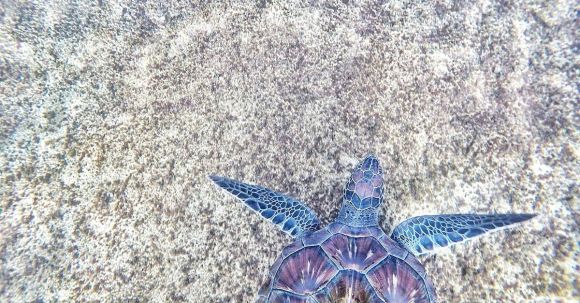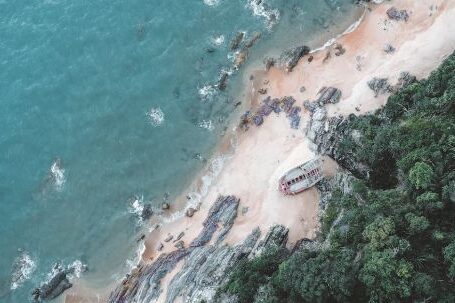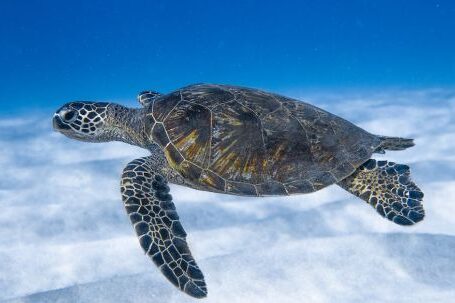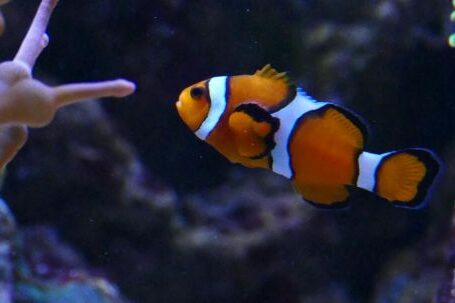Diving is a thrilling experience that allows us to explore the wonders of the underwater world. However, it is essential that we do so in a responsible manner, especially when it comes to diving around sensitive marine habitats. These fragile ecosystems are home to a diverse range of marine life, and it is our duty to ensure their preservation. In this article, we will discuss some essential guidelines for diving responsibly around sensitive marine habitats.
1. Research and Choose Responsible Dive Operators
Before embarking on your diving adventure, it is crucial to research and choose dive operators that prioritize responsible diving practices. Look for operators who have a strong commitment to environmental conservation and who adhere to guidelines set by organizations such as the Green Fins initiative. Responsible dive operators will have experienced dive guides who are knowledgeable about the marine environment and will ensure that their guests follow responsible diving practices.
2. Follow Good Diving Practices
When diving around sensitive marine habitats, it is important to adhere to good diving practices to minimize our impact on the environment. These practices include:
– Maintaining proper buoyancy control to avoid damaging the reefs or disturbing marine life.
– Avoiding touching or collecting marine organisms, as this can disrupt their natural behavior and habitats.
– Respecting marine life by keeping a safe distance, especially from fragile corals and nesting sites.
– Avoiding the use of gloves, which can damage delicate coral structures.
– Properly disposing of any trash or waste to prevent pollution.
3. Minimize the Use of Chemicals
Many common diving products, such as sunscreen and mosquito repellent, contain harmful chemicals that can have negative effects on marine ecosystems. When diving around sensitive marine habitats, it is important to minimize the use of these chemicals. Look for reef-safe sunscreen and biodegradable alternatives for other products to ensure that you are not contributing to the degradation of the marine environment.
4. Be Mindful of Your Equipment
Our diving equipment can unintentionally cause damage to sensitive marine habitats if not used responsibly. Ensure that your equipment is properly maintained to prevent leaks, as even small amounts of oil or fuel can be harmful to marine life. Be cautious with your fins and avoid kicking up sediment, as this can smother corals and other organisms. Additionally, practice proper anchoring techniques when diving from a boat to prevent damage to reefs or seagrass beds.
5. Educate Yourself and Others
One of the most effective ways to promote responsible diving around sensitive marine habitats is through education. Take the time to learn about the marine life and ecosystems you will encounter during your dives. Understand the importance of these habitats and the threats they face. Share this knowledge with fellow divers and encourage them to dive responsibly as well. By raising awareness, we can collectively work towards the preservation of these fragile ecosystems.
In conclusion, diving around sensitive marine habitats requires a responsible approach to ensure the preservation of these fragile ecosystems. By researching and choosing responsible dive operators, following good diving practices, minimizing the use of chemicals, being mindful of our equipment, and educating ourselves and others, we can minimize our impact on these habitats and help protect the marine life that calls them home. Let us dive responsibly and be guardians of the underwater world.





